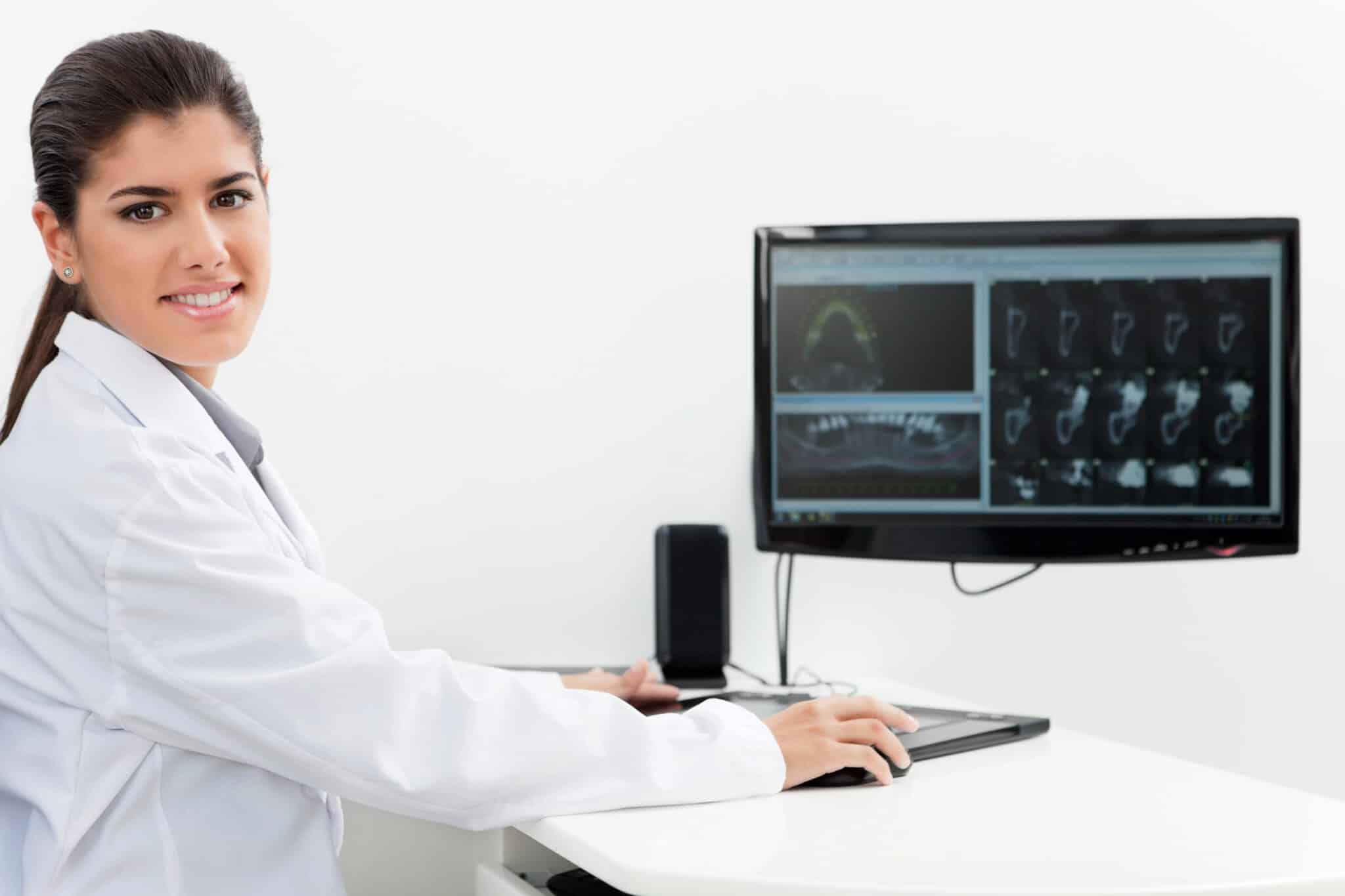Spring Forward: Essential Physical and Digital Maintenance for Dental Offices
As the seasons change and we welcome spring, it’s the perfect time for dental offices to engage in a thorough physical and digital maintenance check. A well-maintained office—both in terms of equipment and IT infrastructure—ensures seamless operations, prevents unexpected downtime, and secures patient data. In today’s fast-evolving digital landscape, dental practices must take a holistic approach to maintenance, blending traditional physical upkeep with modern IT solutions.
Physical Maintenance: A Foundation for Patient Trust
A dental office’s efficiency and reputation hinge on the reliability of its equipment and facilities. A neglected autoclave, malfunctioning chair, or dim lighting can all impact patient experience and productivity. While traditional maintenance tasks like deep cleaning and furniture upkeep are essential, the modern dental office must also prioritize the maintenance of its technological infrastructure. With computers, printers, and network systems being critical to daily operations, ensuring their functionality can prevent frustrating downtime and service delays. To ensure your office is in peak condition, focus on the following key areas:
1. Office Technology and Infrastructure Maintenance
- Computers & Workstations: Ensure that all desktops, laptops, and tablets used for patient records, imaging, and communication are functioning optimally. Regularly update software and check for hardware wear and tear.
- Printers & Scanners: Maintain and clean office printers and scanners to prevent paper jams and connectivity issues. Make sure all drivers and software are updated to ensure smooth operation.
- Wiring & Cables: Inspect all power cables, network wiring, and surge protectors for wear or damage. Label and organize cables to minimize clutter and enhance safety.
- Wi-Fi & Network Systems: Test network strength and speed to ensure seamless connectivity for appointment scheduling, digital imaging, and patient management systems.
2. IT Hardware Longevity and Preventative Care
To maintain a smooth-running dental office, it is essential to ensure that IT hardware is functioning at its best. Conduct regular maintenance on computers, servers, and other critical hardware components to prevent unexpected failures. Dust accumulation can overheat systems, leading to slow performance or sudden shutdowns, so routine cleaning of vents and fans is crucial. Additionally, investing in high-quality surge protectors and uninterruptible power supply (UPS) units can prevent damage from power surges or outages. By proactively monitoring IT hardware health, dental practices can reduce disruptions and extend the lifespan of their equipment.
3. Optimizing Office IT Workflow and Efficiency
A well-optimized IT workflow ensures a more seamless patient experience and improved operational efficiency. Consider integrating automated appointment scheduling systems, patient self-check-in kiosks, and secure cloud storage solutions for quick access to patient files. Streamlining digital workflows minimizes errors, reduces administrative burden, and enhances overall productivity. Routine audits of IT systems can identify inefficiencies and areas for improvement, allowing dental practices to remain agile and responsive to patient needs.
Digital Maintenance: Protecting Data and Preventing Disruptions
Beyond physical maintenance, dental offices must prioritize their digital infrastructure. Cybersecurity threats, software failures, and outdated IT systems can lead to costly downtimes, data breaches, and compliance risks. IT managed services in Barrie are essential for maintaining a secure and efficient digital ecosystem.
1. Cybersecurity and Data Protection
With patient records being prime targets for cybercriminals, dental practices must implement robust security protocols. Consider the following:
- Regular cybersecurity audits: Identify vulnerabilities and ensure compliance with data protection regulations.
- Firewall and antivirus updates: Secure your practice against malware and ransomware attacks.
- Multi-factor authentication (MFA): Strengthen login security for patient records and administrative portals.
2. Backup and Disaster Recovery Planning
Data loss can be devastating for any healthcare provider. Implement a dental IT support strategy that includes:
- Automated cloud backups: Ensure data redundancy in case of accidental deletion or cyberattacks.
- Disaster recovery plans: Prepare for unexpected events such as power outages, cyberattacks, or system failures with a clear action plan.
3. Software Updates and Performance Optimization
- Practice management software updates: Regular updates prevent software vulnerabilities and improve overall functionality.
- Hardware assessments: Slow or outdated computers can disrupt workflows. Upgrade systems as needed to maintain efficiency.
- Network speed optimization: Evaluate Wi-Fi and network connectivity to prevent lags during digital imaging, appointment scheduling, or telehealth sessions.
4. Staff Training and IT Awareness
Even the best dental IT solutions are ineffective if staff members are not well-versed in using them. Regular training on cybersecurity best practices, phishing awareness, and software usage helps protect sensitive patient data and ensures efficient system operation.
The Advantage of Professional IT Managed Services in Barrie
Handling IT maintenance in-house can be overwhelming, especially for dental offices that need to focus on patient care. Partnering with a reliable provider of IT managed services in Barrie ensures:
- Monitoring of IT infrastructure to detect and resolve issues before they cause downtime.
- Compliance with industry regulations and data security laws.
- A seamless integration of new technologies, reducing the burden on in-house staff.
Spring Into Action: A Proactive Approach to Office Maintenance
Proactive maintenance—both physical and digital—is the key to a successful, efficient, and patient-friendly dental practice. By investing time and resources in maintaining equipment, optimizing digital systems, and securing sensitive data, dental professionals can avoid costly disruptions and focus on delivering top-tier patient care. Whether it’s upgrading cybersecurity, fine-tuning practice management software, or simply refreshing office aesthetics, spring offers the perfect opportunity to recalibrate for a productive and secure year ahead.




